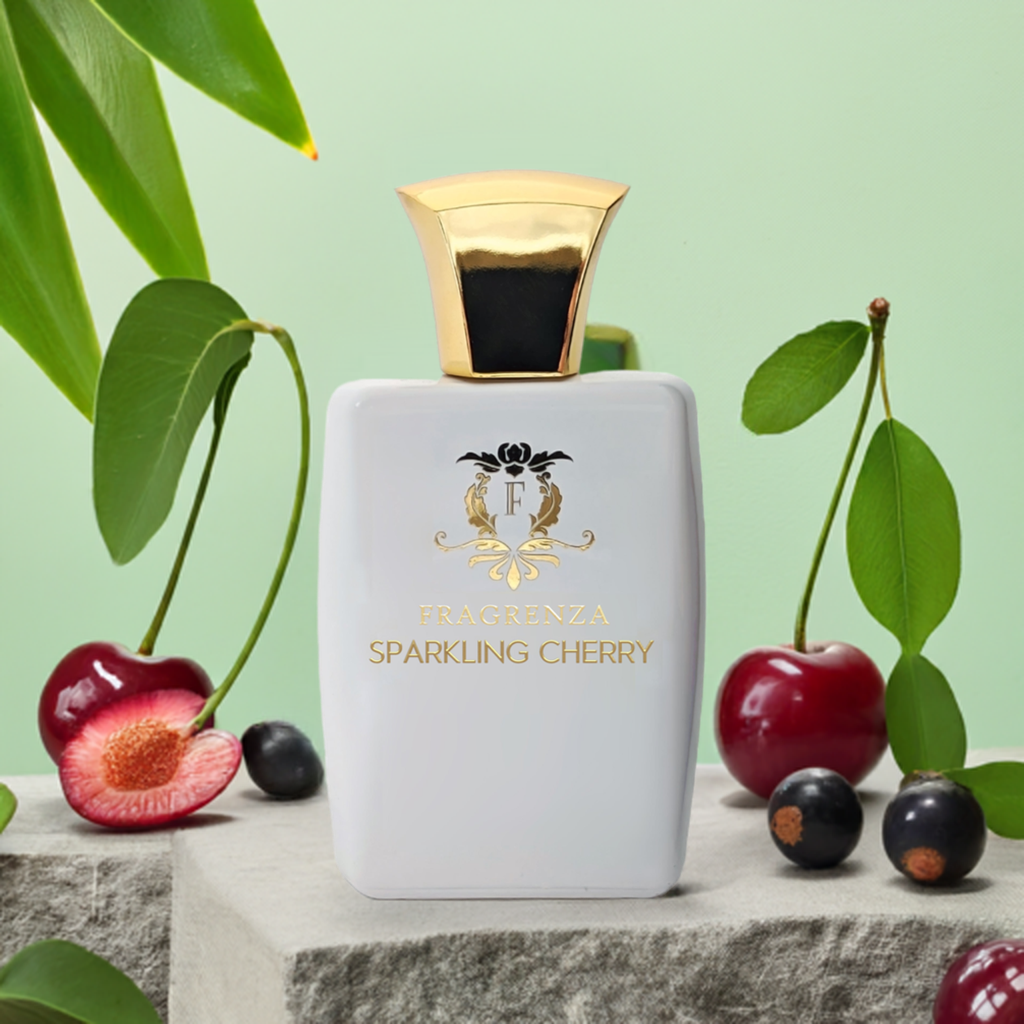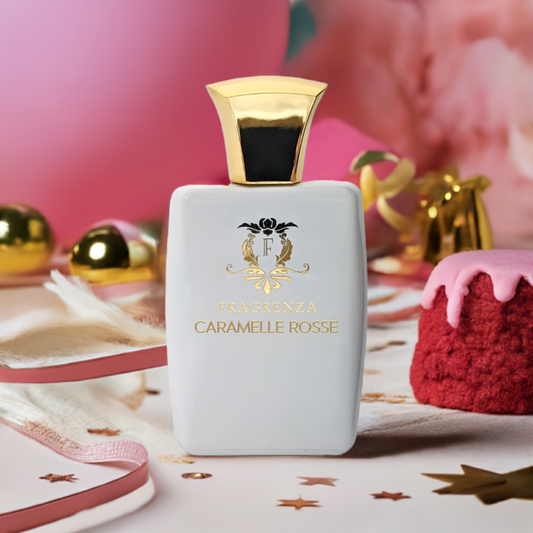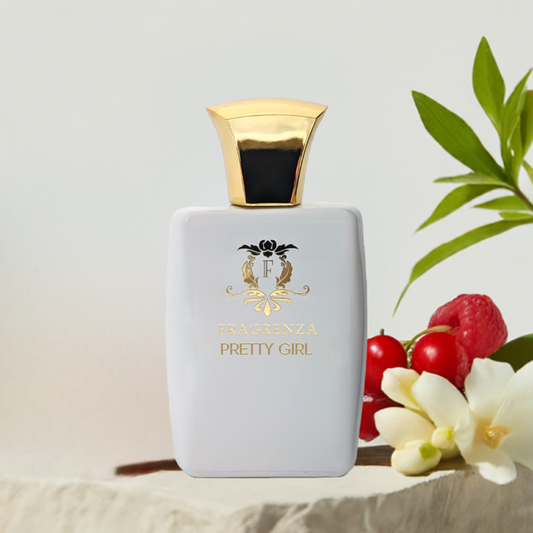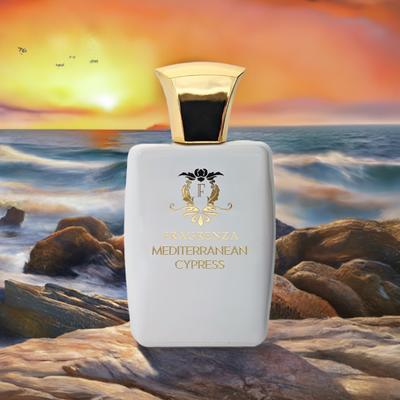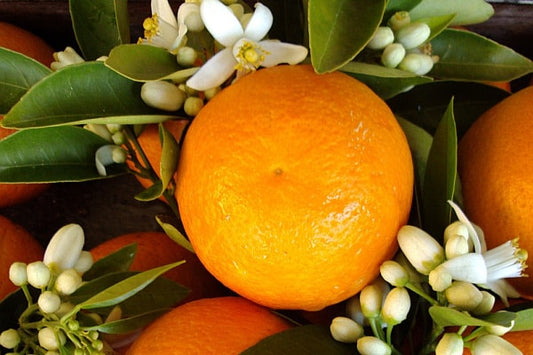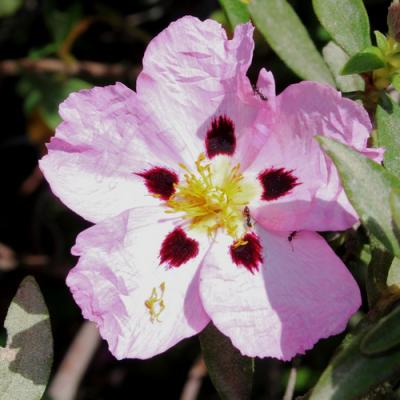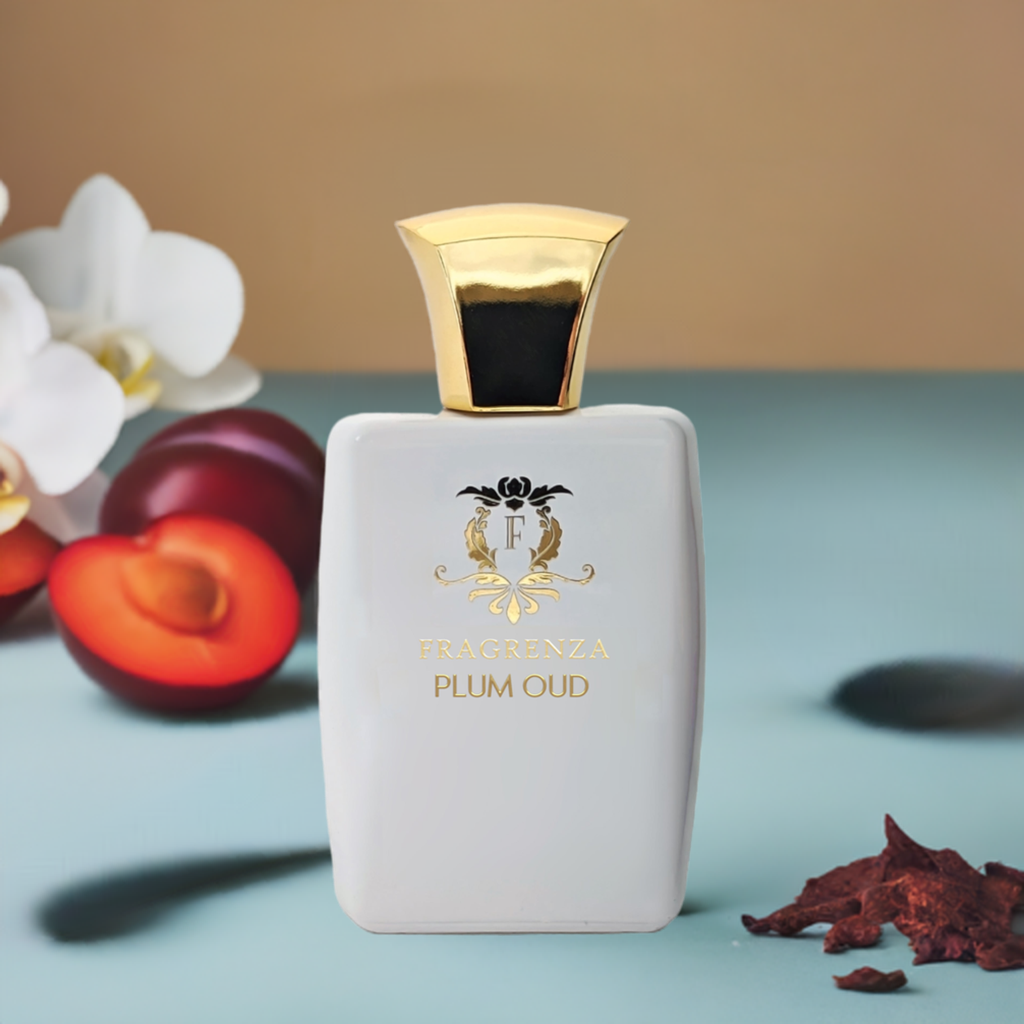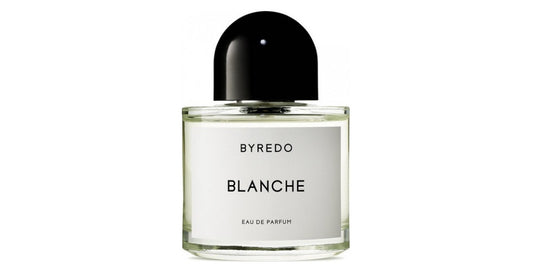Cypress in perfumery
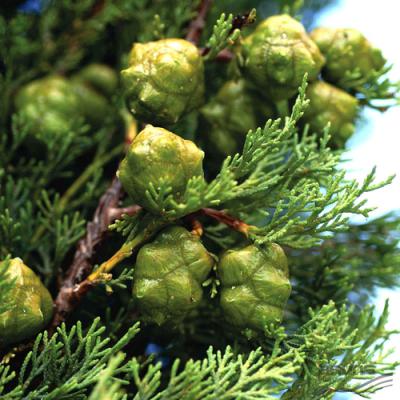
In This Article
Cypress, a versatile conifer
The cypress tree, belonging to the Cupressaceae family, thrives in temperate to warm regions of the northern hemisphere. With over 30 varieties, this versatile tree is cultivated as an ornamental plant and grows in the wild. Often associated with the Mediterranean region, the cypress is characterized by its triangular scale-shaped leaves, which grow in pairs and cover its twigs. Since ancient Greece, it has symbolized eternal life due to its evergreen foliage and rot-resistant wood. The cypress's aromatic, incense-like scent also contributes to its sacred reputation. In fact, cypress wood has been used for constructing the coffins of popes, and the tree is often planted around graves. Besides its spiritual associations, cypress is also a popular choice for landscaping in gardens, parks, and as windbreak hedges in windy regions.
The captivating scent of cypress
While the cypress is most commonly associated with the Mediterranean, it also grows in the United States, Kenya, India, and China. Perfumers extract its essential oil, which boasts a woody, fresh, and aromatic scent, through hydro distillation of its leaves and twigs. This process yields a slightly yellow oil that imparts a woody, invigorating, and camphoric aroma to fragrances. Generally, cypress is more prevalent in masculine scents but occasionally finds its way into feminine compositions. Furthermore, cypress oil is popular in aromatherapy due to its decongestant, rebalancing, antibacterial, and toning properties.
Acqua Di Parma celebrates cypress in their Blu Mediterranéo Cipresso fragrance, highlighting its captivating scent. Cypress often features as a base note in various fragrances, such as 1881 Collection by Cerruti, A * Men Pure Wood by Thierry Mugler, Armani Code Ultimate, and Bois Marocain by Tom Ford. Interestingly, cypress is not limited to darker scents;it even graced the limited edition of Ck One Summer by Calvin Klein in 2014, showcasing its versatility.
Fun Facts about Cypress
- Cypress trees are known to live for centuries. The oldest known cypress tree, the Sarv-e Abarqu in Iran, is estimated to be around 4,000 years old.
- The wood from cypress trees is extremely durable, resistant to decay, and repels insects, making it an ideal choice for building materials and outdoor furniture.
- Cypress essential oil is often used in aromatherapy for its soothing and calming effects on the nervous system.
- In ancient Greek mythology, the cypress tree was associated with the god of the underworld, Hades, symbolizing mourning and the passage to the afterlife.
- The cypress is often referred to as "the pencil tree" because its wood is used to make pencils.
- Some species of cypress trees can grow to impressive heights, with the tallest species, the Sargent's Cypress, reaching up to 90 feet tall.
- Cypress trees have been used in traditional medicine for centuries, with various parts of the tree being utilized for their astringent, antispasmodic, and diuretic properties.
